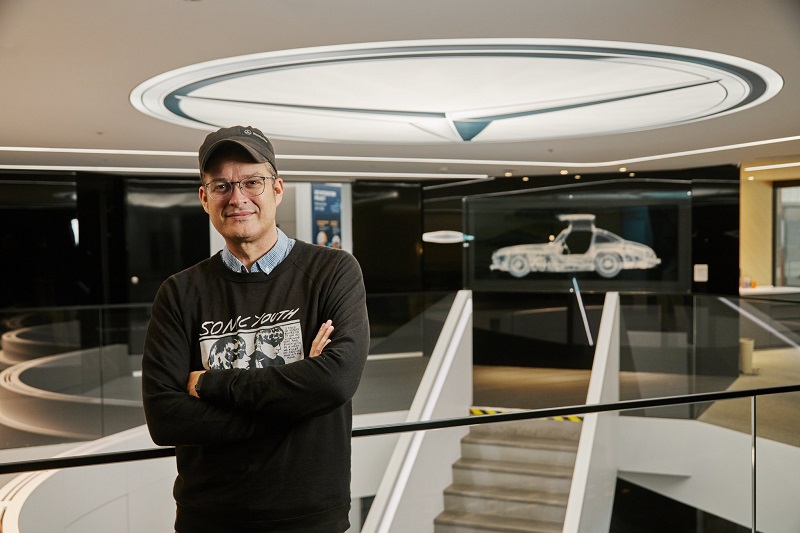Making the world a little more sustainable, saving energy and using fewer resources. That's what more and more people are doing. In the third and final part of our “Technology Meets Sustainability” interview-series with our columnist Markus Sekulla, digital expert Sascha Pallenberg shares some tips for a more sustainable life, which can quickly contribute to the fight against the climate crisis.
 Sascha Pallenberg
Sascha Pallenberg
Hi Sascha, in the last two parts we talked a lot about technical and digital trends related to sustainability. The many natural disasters that have dominated the headlines this summer show us just how important the topic is. Many people would like to do even more for climate and nature protection. Do you have some tips for us on how we can make a difference there quickly?
I get that question very often, so let’s start with household appliences. When buying white goods, you can save a lot of electricity and thus CO2 by buying the latest technology. But of course, we don’t buy a new washing machine every day, but when you do, always consider the most energy-efficient devices.
Smart assistants like Alexa or Google Home can save quite a bit of electricity. In my home, they control the thermostats on the air conditioner, the energy consumption on the refrigerator, and turn the lights on and off in an energy-efficient manner. Smart home setups are no longer expensive. For around 200 euros, you can set something up with a smartphone and a dozen smart LEDs. Add to that motion sensors that automatically turn the lights on and off. And over time this is very efficient… for your wallet and the CO2 emissions. If you think about saving a little every day for five or ten years, you make a huge difference over time.
For people who have space available, it still makes sense to set up a solar system. With this, it can be controlled that most of the energy consumption takes place when electricity is generated. Thus, on sunnier days, large processes such as charging an e-car or doing the laundry can be carried out. If you are a little flexible there, you can save quite a bit. So as a digital person, it is also important that the whole five coffees on the day are also brewed during the hours when the sun’s out.
In the area of computers, tablets and smartphones, you should buy as few products as possible. So it's best to buy from manufacturers who provide their devices with software updates over a long time span. Today, I have to say that Apple is ahead with its iOS. With Android as a platform, you are often already at the end of the update horizon after three years. In my opinion, there are no more great evolutionary steps in smartphones. Sure, the camera will be five percent better next year, but that doesn't justify all the electronic waste that would be produced.
The trend toward recycling and reusing things is not really something that has to do with technology, but can also be controlled with apps. For example, eBay Kleinanzeigen or Kleiderkreisel are great apps in Germany for second-hand items of all kinds. And second-hand is the most sustainable thing you can do. And of course we should all ask ourselves if we should really buy new things that are offered for very little money. T-shirts or meat for three euros simply cannot be produced sustainably. Paying attention to better quality in everything you buy is important
And last but not least: Read the data and get informed about the climate crisis! There are so many good websites where you can find information on how you can do something as an individual. Here I can recommend: https://www.overshootday.org/ or you can do a self-test on https://www.footprintcalculator.org/. There is a lot to learn and to implement!
Thanks Sascha!
Most popular